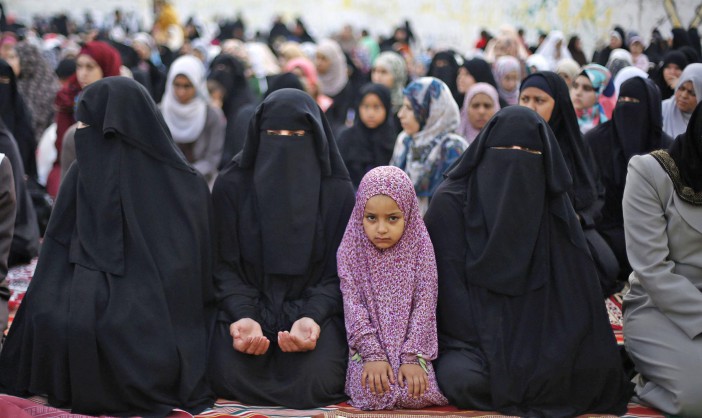Eid ul-Fitr celebrations should be muted this year, as the Muslim world is drenched in blood, sadness and despair, writes Iqbal Jassat and Suraya Dadoo.
From avalanches in Afghanistan to deadly heat-waves in Pakistan and earthquakes in Indonesia, a litany of tragedies, arising from natural disasters, are confronting Muslims. These are unfortunately rampant in underdeveloped regions and glossed over, as yet another humanitarian crisis takes precedence. Our response in South Africa has been to dig deep into our pockets.
A continuous cycle of tragic natural disasters is followed by a range of services provided by relief aid organisations. South Africa in particular, boasts numerous world-class NGOs involved in this field. Well resourced, highly skilled and having accumulated a good measure of experience based on decades of operations, these dedicated people form part of the ummah’s (global Muslim community) valuable asset base.
On another level of disasters which are far removed from our understanding of “natural”, regrettably, no discernible rapid response units exist to extinguish the fires of pain and suffering resulting from wars and conflict.
Whether it is Somalia or Central African Republic; Xingjian or Chechnya; Syria or Iraq; Bahrain or Yemen; the pattern of losses carry the scars of the “War of Terror”. Even Muslims in Europe are not exempt, their daily lives defined by racism and a dangerous rise in Islamophobia. Their patriotism is questioned and entire communities are targeted as “threats” – a product of the West’s colonial mindset.
The ummah is deeply wounded and severely humiliated. Nowhere was this more amplified than at a mosque in Kuwait a month ago, when 27 Shia Muslims performing their Friday prayers during the Holy month of Ramadaan were killed by an Islamic State (ISIS) bomber. Two weeks ago, a Saudi air-strike on a livestock market in Fayyoush, southern Yemen, killed 45 civilians. The main aim of fasting during Ramadaan is to develop self-restraint: if a human being can control the basic desire to eat and drink, then they should be able to control all other desires and temptations. These attacks during Ramadaan indicate we have still not learnt to quell our desire for power. The splattering of Muslim blood will not be halted during Eid.
Ongoing Saudi-led bombing sprees against Shia Houthi rebels in Yemen are as heinous as the attack on the Imam Jaffar As-Sadiq Mosque, and reveal the deepening sectarian divide in the Muslim world. The indignity of suffering is compounded by rhetoric which defames victims as “bad Muslims”.
Eight thousand kilometres separates us and the Rohingya Muslims facing persecution at the hands of Myanmar’s military dictatorship. The besieged Palestinians in the West Bank and Gaza Strip are virtually cut off from the world. A genocidal campaign, constituting “war crimes” and “crimes against humanity” according to Human Rights Watch, Amnesty International and Genocide Watch, is currently being waged against the Muslim population of the Ogaden region in eastern Ethiopia.
We wish all Muslims around the world a joyous Eid. But, this must be a time for deep introspection for anyone who considers themselves part of the ummah of Muhammad (Peace Be Upon Him). We must feel the pain of others and act. If we do not, Eid 2015 will remain an empty ritual of feasts and new clothes for Muslims.
The authors are members of Media Review Network, a Johannesburg-based advocacy group. This piece first appeared in the Saturday Star on 11 July 2015.






 WhatsApp us
WhatsApp us 

